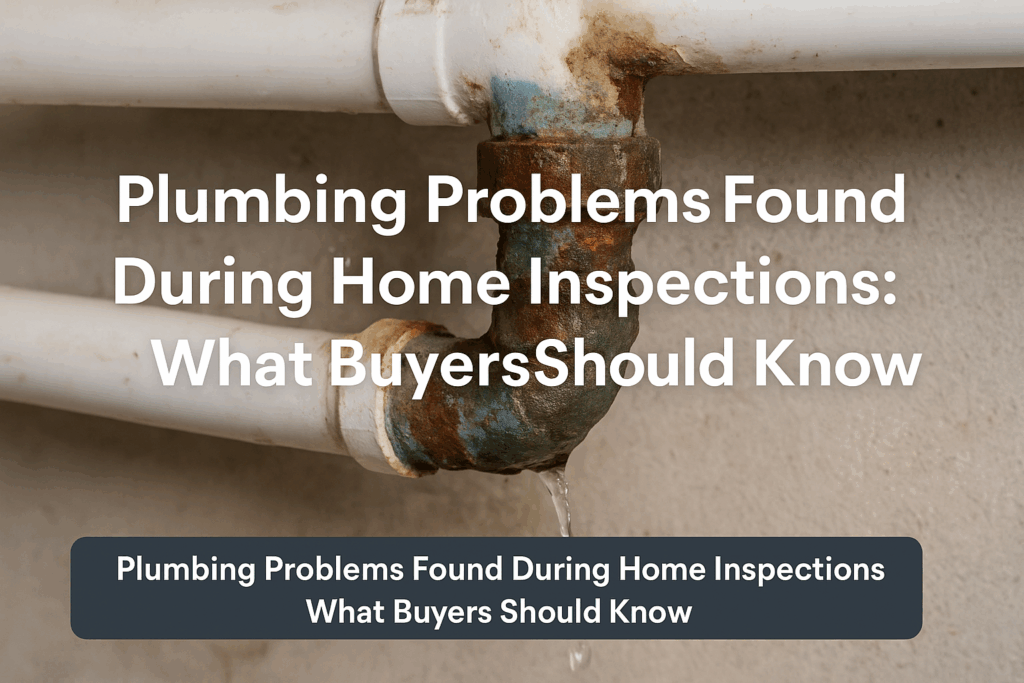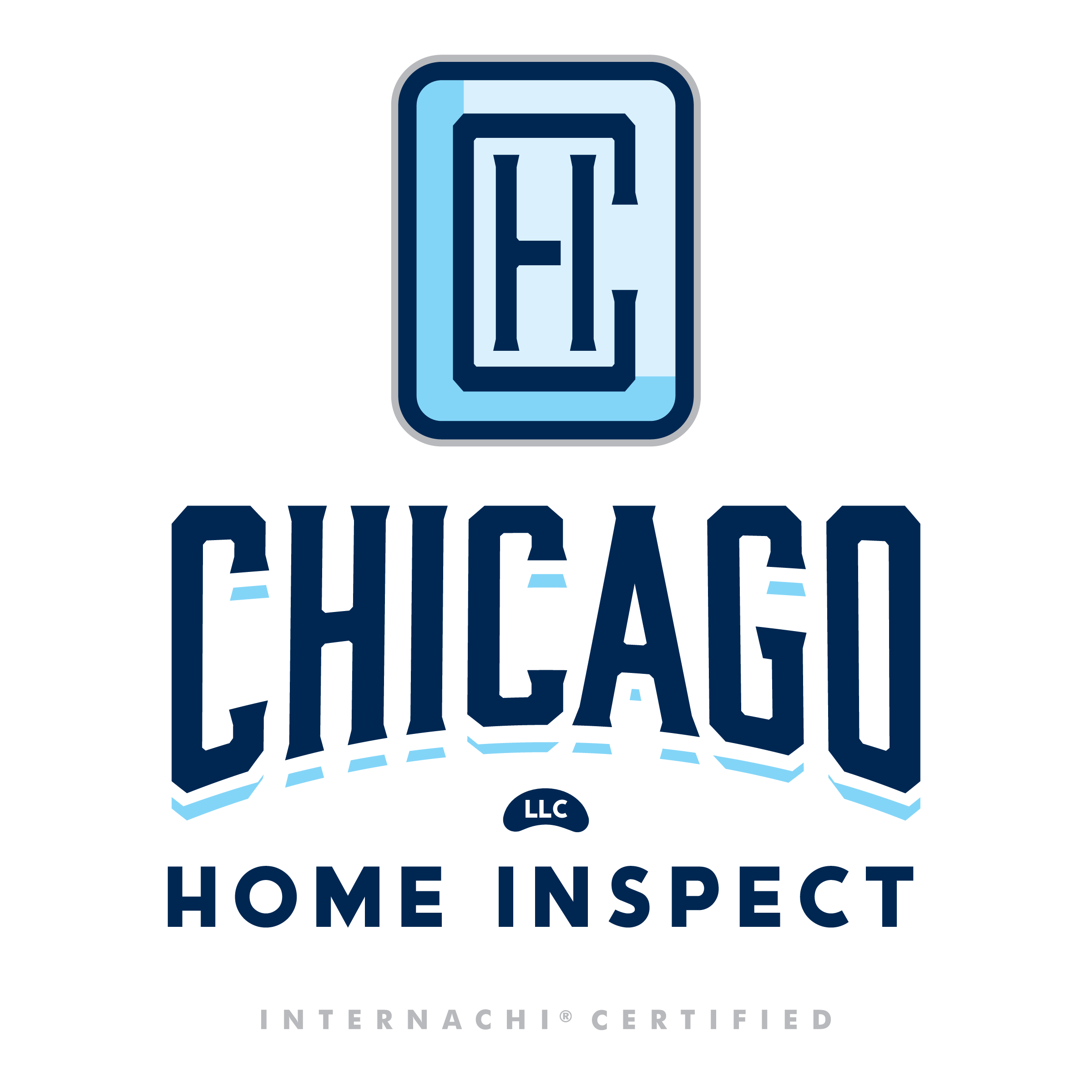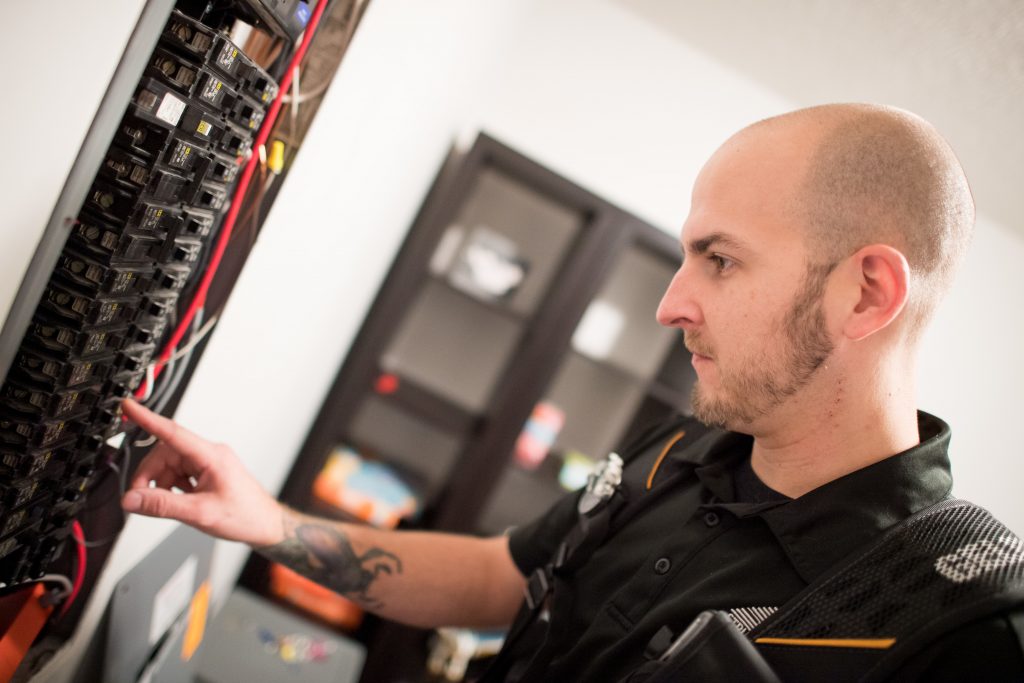
When it comes to buying a home, most buyers focus on curb appeal, layout, and finishes. Yet one of the most critical (and costly) areas often goes unnoticed: the plumbing system. Hidden behind walls and floors could be aging pipes, corroded fittings, improper repairs, or leaks that can lead to significant water damage—and financial stress.
As home inspectors in Chicago, we’ve seen firsthand how overlooked plumbing issues can turn into major expenses. In this post, we’ll guide you through what plumbing problems we often find during home inspections in Chicago, why they matter, and what homebuyers (and sellers) should know.
Why Plumbing Problems Matter
Plumbing isn’t just about running water. It’s a system that protects your home from water intrusion, delivers clean drinking water, and safely carries waste away. When something in that system goes wrong, the impact can range from mild inconvenience to severe structural damage and health risks. Even small leaks can lead to mold growth and rot, while cross-connections and sewer backups can pose sanitation issues.
Unlike cosmetic issues that are visible, many plumbing problems are hidden—and therefore only uncovered during a thorough inspection.
Common Plumbing Issues We Find
1. Leaky or Corroded Pipes
We frequently find evidence of past or current leaks around pipe joints or under sinks. Older pipes made from galvanized steel or cast iron tend to corrode over time, leading to pinhole leaks or full ruptures. Corrosion is often visible as greenish or rust-colored discoloration at pipe joints or fittings.
2. Improper Pipe Materials
In older Chicago homes, we still encounter galvanized steel or even lead pipes. These materials not only reduce water flow but can also contaminate drinking water. Additionally, we sometimes see homeowners attempt DIY fixes with mismatched or incompatible materials—such as mixing copper and steel pipes without dielectric unions, which accelerates corrosion.
3. Low Water Pressure
While low water pressure might seem minor, it often points to a bigger issue—like clogged pipes, aging infrastructure, or undetected leaks. It can also be a symptom of municipal water problems or improperly sized supply lines.
4. Poor Drainage and Slope
Drainpipes must have the correct slope to allow waste and water to flow properly. When this isn’t the case—especially in basement plumbing systems—it can lead to slow drains, backups, and foul odors. Our inspections often reveal improperly installed or sagging drain lines, especially after basement remodels.
5. Water Heater Problems
Water heaters have a limited lifespan (typically 8–12 years). During inspections, we often find corroded tanks, missing seismic straps, or failed temperature-pressure relief (TPR) valves. These issues can pose safety hazards and require immediate attention.
6. Sewer Line Issues
Sewer lines are not visible, but they are critical. We recommend sewer scopes—especially in older homes or those with large trees nearby. Root intrusion, collapsed lines, or improper slope can cause severe backups. In Chicago, clay and cast iron sewer lines are common and prone to aging-related issues.
7. Cross-Connections
Sometimes, potable water is incorrectly connected to irrigation, HVAC condensate lines, or other non-potable sources. This can allow contaminants to backflow into the water supply. We check for backflow prevention and proper plumbing configurations.
8. Signs of Previous Water Damage
Even if active leaks aren’t present, we look for staining on ceilings, warping of wood, mildew smells, or efflorescence on foundation walls. These subtle signs can reveal chronic plumbing problems or poor drainage management.
What Buyers Should Ask About the Plumbing
A professional inspection covers a lot, but it’s smart for buyers to ask the right questions:
- When were the pipes last replaced or updated?
If the home has galvanized or lead supply lines, it’s a major red flag. - Are there any known plumbing issues or repairs?
Sellers may disclose past leaks or replacements—make sure repairs were done to code. - What is the age of the water heater?
Check the serial number to determine the manufacture year. Any unit over 10 years old should be budgeted for replacement. - Have sewer lines ever been inspected or cleaned?
In Chicago, tree roots and old piping materials often warrant preventive maintenance. - Does the home have a sump pump and backflow preventer?
These are essential in areas prone to flooding and sewer backups.
Chicago-Specific Plumbing Considerations
Chicago’s building history and climate introduce some unique plumbing challenges:
- Old Infrastructure:
Many homes built before the 1950s may have cast iron drains, galvanized supply lines, or even lead service lines. The City of Chicago only recently began programs to replace lead lines, so many still exist. - Winter Freezing:
Sub-freezing temperatures make pipe insulation critical—especially in unheated basements, crawlspaces, or exterior walls. We often find frozen or burst pipes in the spring during thaw periods. - Sewer Backups:
Heavy rains in Chicago can overwhelm combined sewer systems, making backflow preventers a critical safeguard—especially in older neighborhoods.
How We Inspect Plumbing Systems
As licensed home inspectors, we assess plumbing using a variety of tools:
- Moisture Meters & Thermal Imaging:
These detect hidden leaks in walls or ceilings, even before there are visible signs. - Functional Flow Testing:
We run multiple fixtures to observe water pressure, drainage speed, and any gurgling or backflow. - Visual Inspections:
We examine all accessible supply and drain lines, fixtures, venting, and appliances (like water heaters, sump pumps, and water softeners). - Recommendations:
If we find potential issues, we document everything in a comprehensive report—often with photos—and recommend further evaluation by a licensed plumber when needed.
Tips for Homebuyers (and Sellers)
- Buyers:
Don’t skip the inspection, even for homes that “look great.” Plumbing is often out of sight—and repairs can be costly. - Sellers:
Consider a pre-listing inspection to identify and fix minor plumbing problems before they scare off potential buyers or delay closings. - Real Estate Agents:
Encourage clients to choose inspectors with strong plumbing knowledge. It builds trust and reduces surprises during negotiations.
Final Thoughts
Plumbing systems are the veins of a home—quietly working behind the scenes until something goes wrong. The average buyer may not notice a slow drain, a corroded fitting, or a slight water stain, but as trained home inspectors, we know exactly where to look and what to flag.
By investing in a thorough plumbing inspection, buyers can move forward with confidence—or renegotiate based on facts. And sellers can avoid last-minute deal breakers by being proactive.
Need a Plumbing-Focused Home Inspection in Chicago?
Whether you’re buying, selling, or just curious about the condition of your home’s plumbing, [Your Company Name] has you covered. We’re proud to serve Chicago and surrounding suburbs with thorough, unbiased, and detailed inspections.
Schedule your inspection today and gain peace of mind before you sign on the dotted line.



